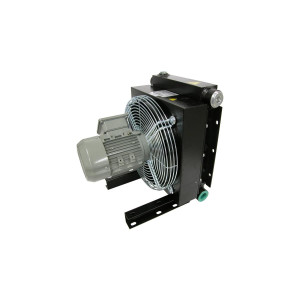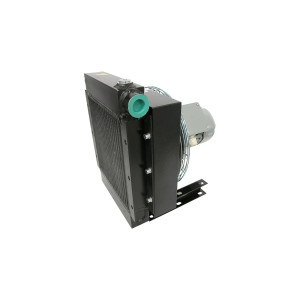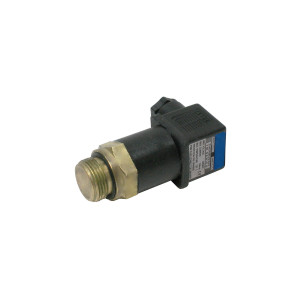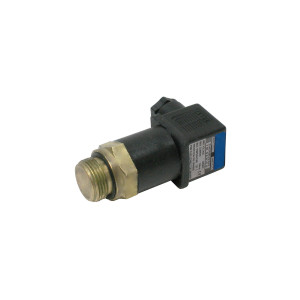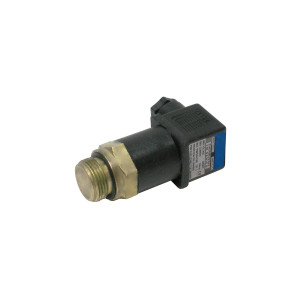Oil-air cooler
Efficient Cooling for Mechanical Systems
Oil coolers, also known as oil-air heat exchangers, are crucial components in many mechanical systems, particularly in vehicles and industrial machinery. Their purpose is to lower the temperature of circulating oil, thereby improving the efficiency and lifespan of the engine or hydraulic system. By dissipating excess heat, oil coolers help maintain an optimal operating temperature, which in turn ensures the performance and reliability of the entire system.
The operation of oil coolers is based on the principle of heat exchange between the oil and the surrounding air. The oil flows through specialized tubes or channels, while air flows over these tubes, carrying away the heat from the oil. This process enables efficient cooling of the oil before it returns to the engine or hydraulic system.
Oil coolers are available in various configurations, including air-to-air coolers, where cooling is solely achieved by ambient air, and water-to-oil coolers, where the oil is cooled by water. The choice of the appropriate type depends on the specific requirements of the application as well as environmental and operating conditions.
Overall, oil coolers play a significant role in maintaining the performance and reliability of engines and hydraulic systems in a variety of applications. Their efficiency and effectiveness help reduce operating costs and extend the lifespan of the equipment.

